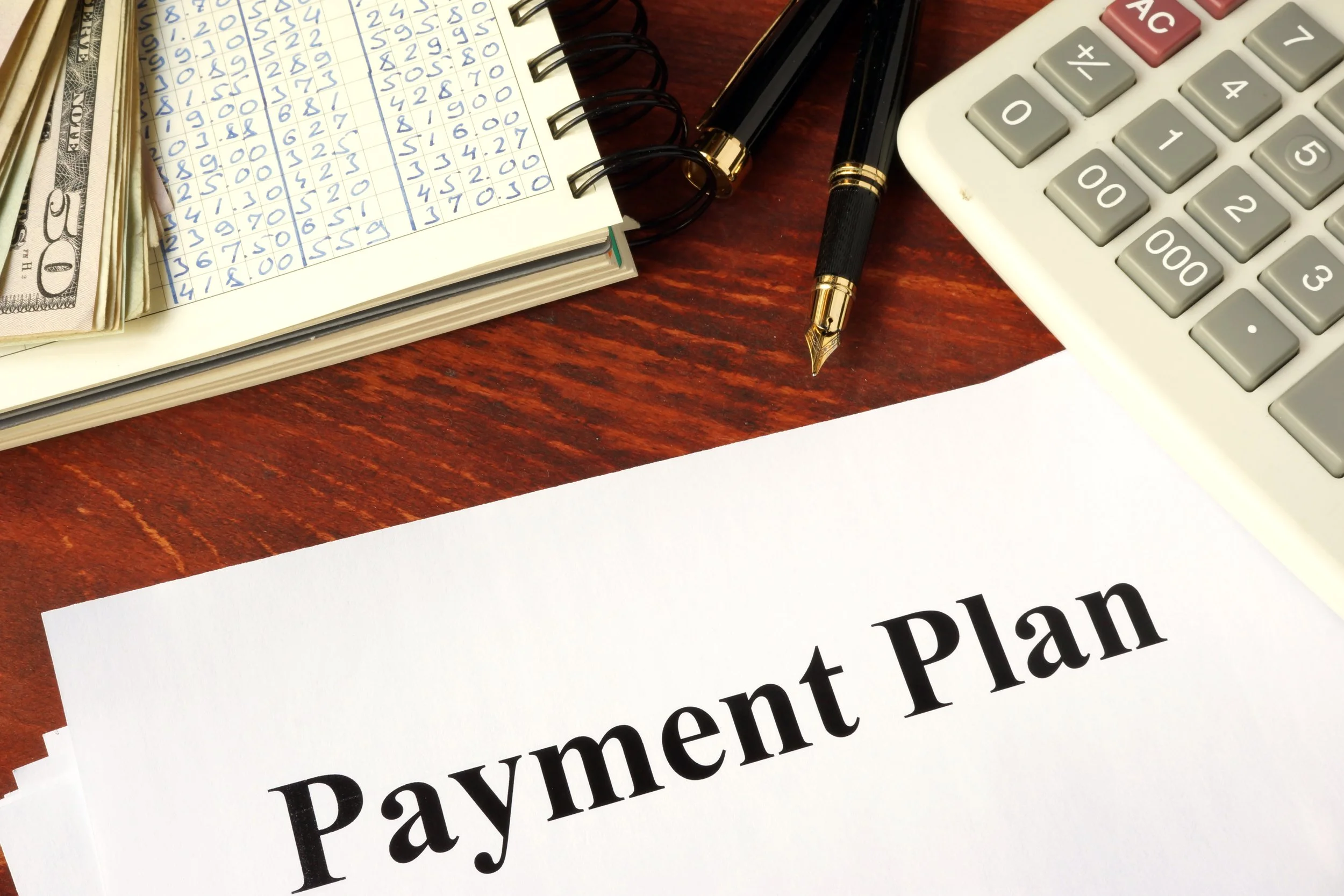CIS Compliance Corner

A whole lot of people will be looking in the mirror as 2023 closes and we turn the page to 2024. What can I do to be better? How can I improve myself, my team, my organization?
Released felons do not possess the means to pay off debt. The conclusion is that these ordered fines are unrecoverable. That is an adopted school of thought. Time should be spent on other cases with a greater chance for debt recovery. That thought is changing.
After reviewing your notes, taking inventory of what’s happening at home, what can you do to make compliance better? First, put your ducks in a row.
While implementing software may seem time-consuming and costly, there are other tools available that can be employed more quickly and cost-effectively through the use of AI and QR technology.
Best Practices
Compliance Studies
National and State of Florida Studies review compliance best practices and trends within courts.
Why Crime Doesn’t Pay-Florida Felony Fine Collections Study
Institute for court management-NCSC fellows program- may 2015
Study of Effectiveness in Collections- Florida
National Center for State Courts - Nov. 26, 2012
In the News
The latest in process developments, legislation, and technology that effects compliance improvement in courts.
Applicants can also ask for more time, community service instead of a fine and help setting up a payment plan, according to court officials. By Eric S. Page • Published September 18, 2023 • Updated on September 18, 2023 at 10:55 am
The Florida Senate is looking at options to continue improving the payment plan process for criminal fines. Senate bill 48 was filed by Senator Tom Wright looks at the use of community service to satisfy unpaid court debt.
New legislation signed by Governor DeSantis clarifies payment plan requirements for criminal fines and fees, and traffic violation as described in recent article posted by the Tampa Bay Times.
The State of Alabama legislature is reviewing the continuation of driver’s licenses suspensions for unpaid tickets in the State Senate.
As reported in the Florida Bar News, the Florida Legislature is looking at ways to address Clerk funding struggles. Sen. Doug Broxson, R-Pensacola, said he is working with Rep. Fentrice Driskell, D-Tampa, on a proposal that would address license reinstatement.
As reported by WPTV of West Palm Beach, lawmakers are looking at ways to keep traffic offenders legally driving while paying off court fine obligations.
Homeless Court was initiated on October 20, 2020 in Saratoga Springs, New York. The program is finding a great deal success with over 90% of participants connecting with community services and care management. The article published by Paula Tancredi Penman of the Saratoga Today explains the success of the program.
Marq Mitchell the founder and Executive Director of Chainless Change says it is time to end driver’s license suspensions for violators unable to pay court fines. His opinion piece published by the Sun-Sentinel explores why it is time to make the change.
As reported by KTZV out of Salem Oregon the Oregon Judicial Department has simplified the fine payment process by providing a new online service – the Electronic Central Violations Bureau, ( eCVB) – allows people cited for a violation to check eligibility for a fine reduction, request a reduction if they qualify, and pay securely from their computer or mobile device at any time of day.
David Ovalle of the Miami Herald warns of budget reductions due to declining traffic tickets in Florida. Travel restrictions during the recent pandemic have impacted citation filings. These same citation filings contribute to state and local budgets requiring attention towards the funding of future court business.













